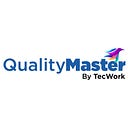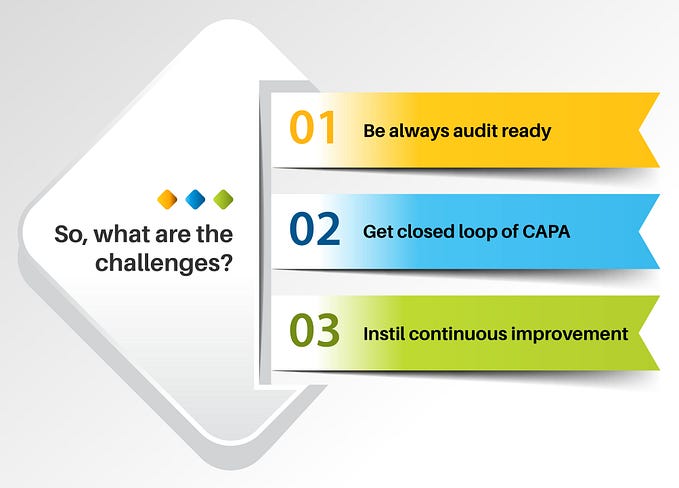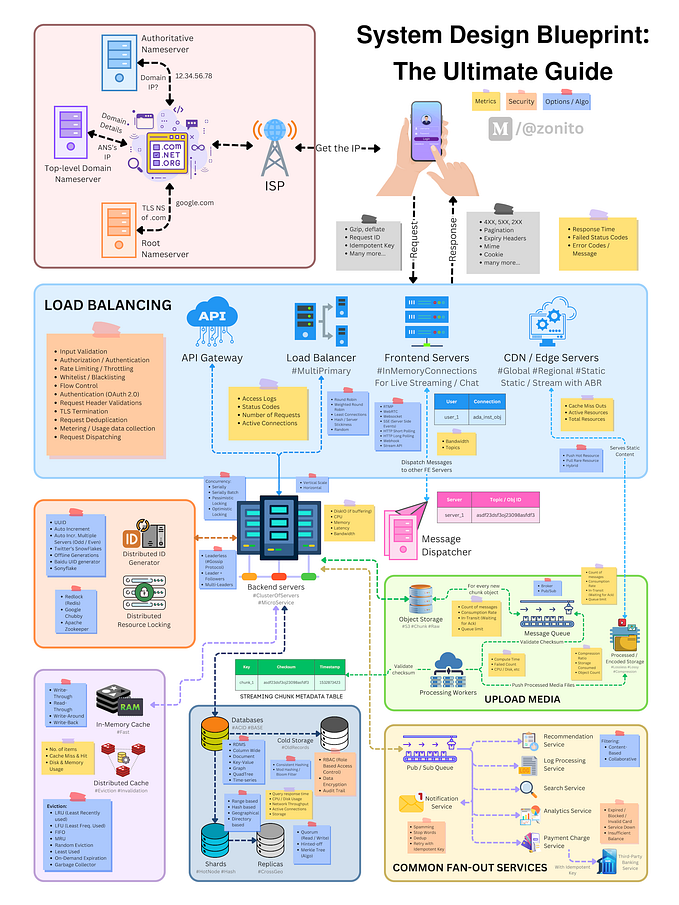What is the Importance of Quality Management System in the Pharmaceutical Industry?
Not to overstate the issue, but COVID-19 has, and will continue to have, a substantial impact on the pharmaceutical manufacturing industries.
However, the pandemic has provided an opportunity for pharma manufacturers to prove what they can accomplish with the help of collaboration and technology in overcoming the unique challenges the world is facing today.
Overview
These days, the pharmaceutical industry has largely been under the microscope due to the pandemic. Companies were already under constant pressure to speedily manufacture and swiftly market medicine and injections, and COVID-19 has compounded that pressure.
So, implementing a tailor-made QMS system becomes an effective way to manage this pressure while staying ahead of the competitors and managing the overall quality-oriented process.
Pharma organizations that aim to improve their quality processes, document procedures, streamline workflow, inspect materials, implement corrective measures, and ensure compliance must start looking for a quality management system.
Wondering what this term means?
Defining Quality Management System
A quality management system (QMS) is defined as a formalized system that documents processes, procedures, and responsibilities for achieving quality policies and objectives.
A QMS helps coordinate and direct an organization’s activities to meet customer and regulatory requirements and improve its effectiveness and efficiency continuously. (Source: https://asq.org/quality-resources/quality-management-system)

What are the Benefits of QMS System in Pharmaceutical Industry
An efficient Quality Management Software brings improvements at all levels in structures, methods, techniques, policies, procedures, processes, and resources.
Which ultimately aligns responsibilities, schedules, relationships, contracts, and agreements at par with environmental, quality, and product safety standards.
If implemented properly, a quality management system in pharma industry offers numerous benefits such as:

- Increased operational efficiency
- Reduced wastage
- Superior quality products
- Improved customer satisfaction
- Reduced training time of new employees
- Enhanced processes, products, and systems
- Compliance with Industry best standards
- Better internal dept. Communication
Importance of Using a QMS in Pharma Industry
Quality Management System plays a very important role in pharmaceutical industries as it ensures that the product satisfies customer specifications as well as industry regulations.
It uses quality assurance methods to prevent quality deviations and emphasizes documentation to keep track of all issues and solutions.
An effective QMS system benefits businesses by establishing a quality culture through its set of modules that ensure integrity, manage documents in less time and cost reduction, faster develop products, easily identify plus resolve problems, confirm supplier quality, and upskills workforce through effective training.
Let’s Know the Importance of its Various Modules in Detail:
Nonconformance Management:
This feature of the QMS system helps pharma manufacturers document all product issues identified throughout the quality control process and helps ensure that they don’t get repeated in the future.
CAPA Management:
Using a quality management system, pharma manufacturers can perform in-depth root cause analysis to detect product faults and ensure that they never occur again.
With CAPA management, the right set of actions for the non-conformance issues are recorded for future audit purposes.
Document Management:
This feature of the QMS system helps in managing business-critical documents. Manufacturers can store, create, track, retrieve, and manage all types of organizational documents through their life cycle.
They can also maintain the audit trails of viewed documents. These documents can be secured using e-signature, passwords, etc.
Change Management:
Change management is very important in any quality management system, as it helps in maintaining the quality standards in adherence to the current regulatory compliances.
Manufacturers can easily implement the improved practices in the system without staking the existing processes and workflows and can ensure that all concerned are communicated with the change in real-time.
Audit Management:
The pharmaceutical industry can easily monitor and regulate its auditing operations through this robust module.
Organizations can have a managed workflow of operations like creation, scheduling, preparation, execution, tracking, and updating on their yearly, half-yearly, and quarterly audits using the Audit Management System.
Training Management:
The training management system helps businesses in identifying training requirements while also keeping a track of sessions completed by employees, as well as certifications achieved (if any).
It performs activities such as organizing sessions, managing certification, assigning curriculums and modules, storing results, and much more.
As a result, the workload is reduced, gaps and areas for improvement are identified, and employee productivity is increased.
Complaint Management:
Customer satisfaction is what all businesses aspire for. Continuously providing high-quality products and services is the best way for businesses to keep customers pleased.
Compliant management is a feature of the QMS software that allows you to efficiently and effectively register, manage, track, handle, and close client complaints.
It has a simple workflow and extensive reporting capabilities, that keep you responsive and help meet their queries and complaints more quickly and efficiently.
Risk Management:
Identification, assessment, and elimination of potential risk factors become a priority for firms to ensure seamless business operations and meet desired quality standards.
However, neglecting even minor or menial hazards might jeopardize the complete business environment and workflow.
However, a way ahead with a tech-based tool i.e., QMS which has risk management incorporated, helps in the mitigation and avoidance of risks and loopholes in processes based on their severity and the likelihood of occurrence.

WE HAVE A QUICK FIX FOR YOU!
From fresh new drug research to post-market safety monitoring, BM QualityMaster has the capabilities that businesses need to maintain quality throughout the product life cycle. Write to us for more information, or to schedule a demo.









